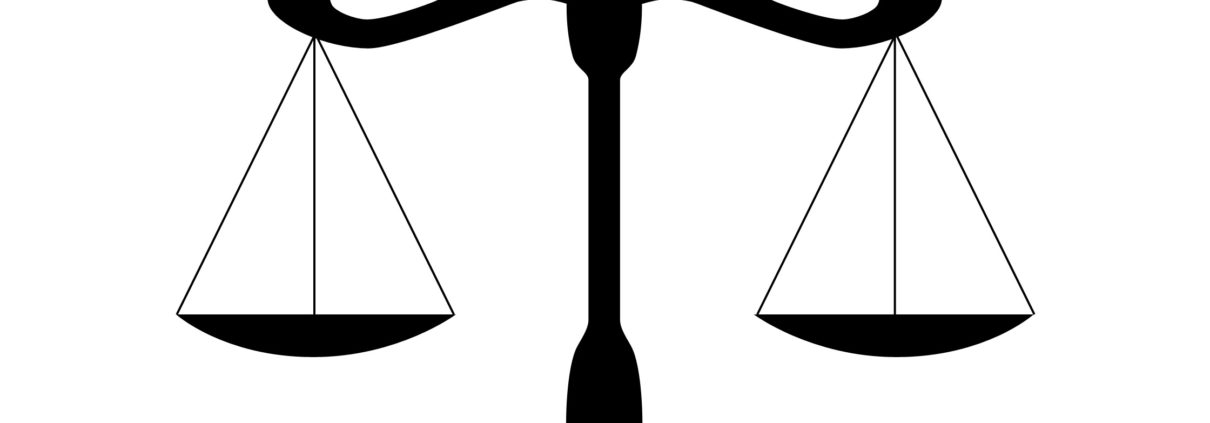All Michigan children sentenced to life in prison are eligible for parole consideration, federal judge rules
The Campaign for the Fair Sentencing of Youth applauds a federal judge’s ruling this week that everyone convicted of a first-degree homicide offense in Michigan as a child and sentenced to life in prison is now eligible for parole consideration.
The Court also said it will rule shortly on the reforms necessary to ensure that Michigan has a parole sentence that provides meaningful and realistic opportunities for release.
The ruling brings Michigan closer to a sentencing scheme that holds children accountable when they are convicted of serious crimes while considering their potential for change and rehabilitation.
The decision follows last year’s U.S. Supreme Court ruling in Miller v. Alabama, which found that mandatory sentences of life in prison without the possibility of parole are unconstitutional when imposed for a crime committed as a child. In making the Michigan ruling, the judge rejected the state attorney general’s request to limit a January decision that required opportunities for parole for people who were sentenced to life in prison as children to only the named plaintiffs. U.S. Judge John Corbett said in his decision this week that the January ruling applies to everyone in the class.
“Every person convicted of first-degree murder in the state of Michigan as a juvenile and who was sentenced to life in prison shall be eligible for parole,” said U.S. Judge John Corbett O’Meara.
In Michigan, people convicted of first-degree murder are automatically sentenced to life in prison. More than 350 people have received the sentence after being convicted of crimes committed when they were younger than 18.
“This order makes clear that every person sentenced to life without parole for a crime committed when they were a child is now eligible for parole,” said ACLU lead attorney Deborah LaBelle, who had asked that earlier ruling apply to everyone convicted for crimes committed as a child. “As the court previously ruled ‘To hold otherwise would be to allow the state to impose unconstitutional punishment on some persons but not others, an intolerable miscarriage of justice.’”



